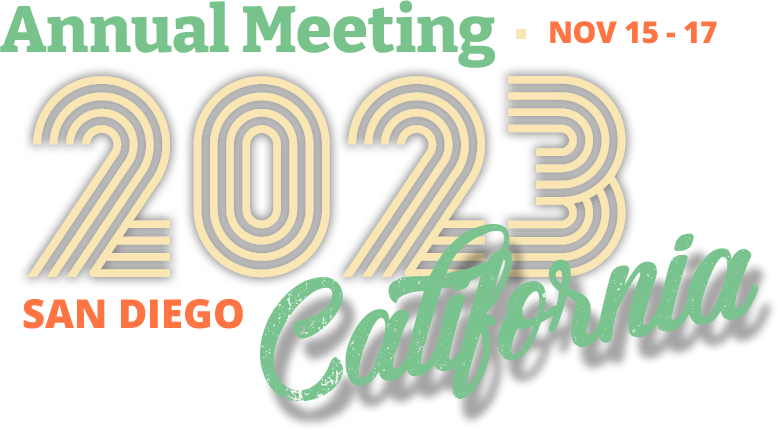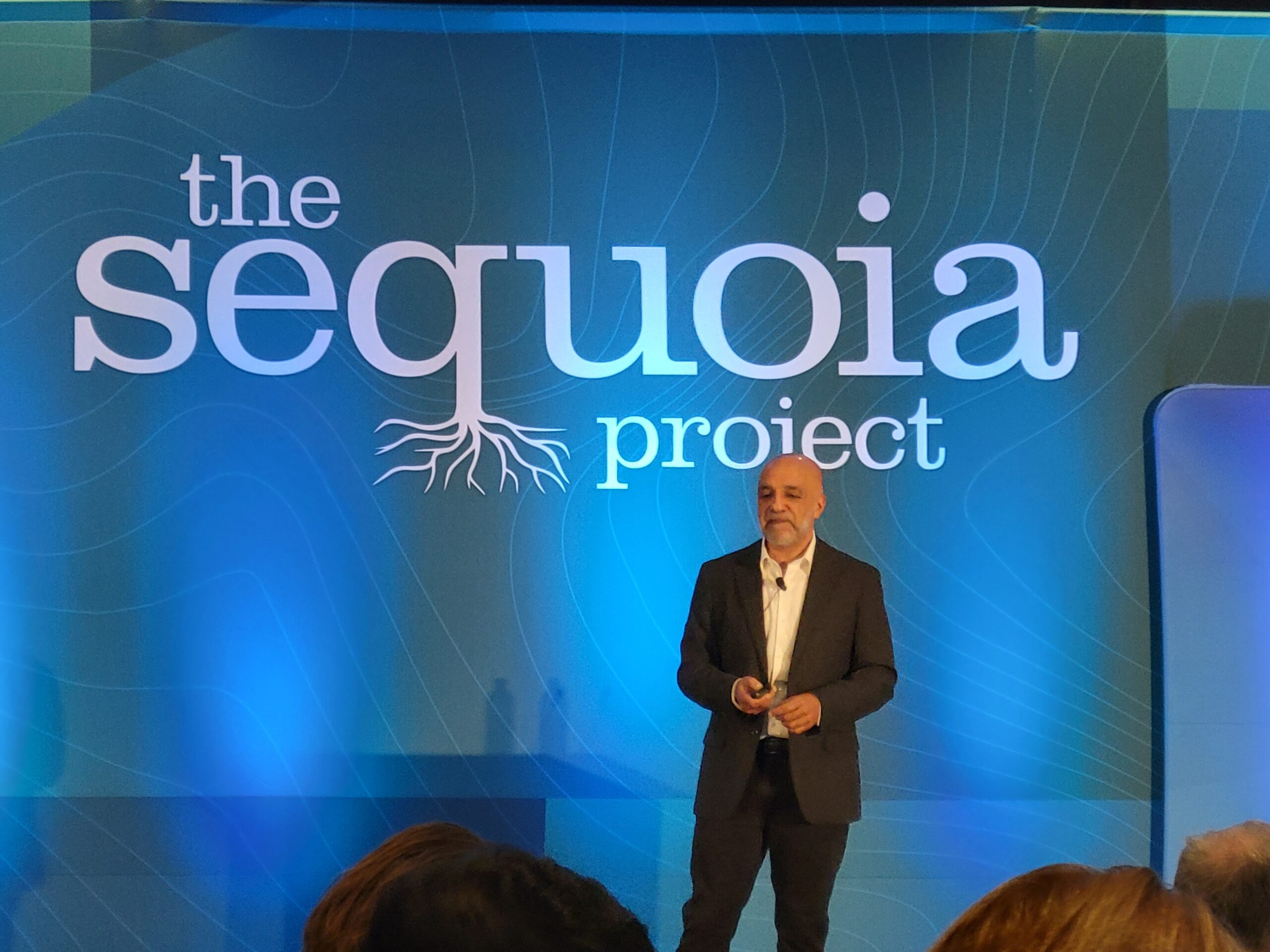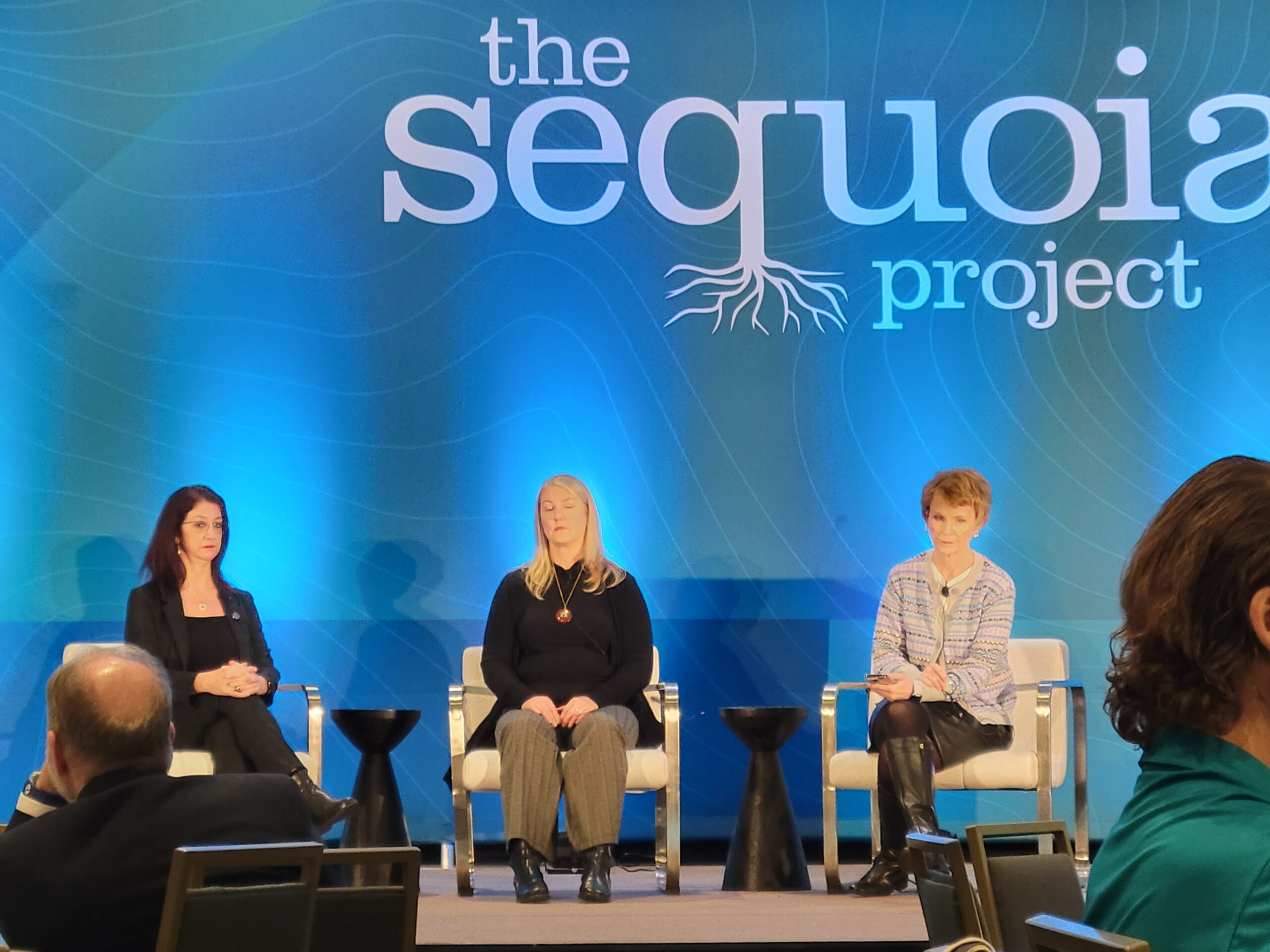 On November 16, 2023 I attended the first day of the Sequoia Project Annual Meeting held this year in San Diego. With more than 250 attendees, I was curious about the state of TEFCA, other projects like the e-Health Exchange and Carequality, and other national networking activities. I was particularly interested in how public health played into the plans of this organization.
On November 16, 2023 I attended the first day of the Sequoia Project Annual Meeting held this year in San Diego. With more than 250 attendees, I was curious about the state of TEFCA, other projects like the e-Health Exchange and Carequality, and other national networking activities. I was particularly interested in how public health played into the plans of this organization.

The sessions I attended were pretty good. After they got past the usual organizational awards and such, MickeyTrepathi, the National Coordinator for Health Information Technology gave a keynote speech about the state of affairs from ONC’s point of view. No real surprise in what he said as ONC is completely driven by the requirements of the 21st Century Cures Act. that means that the focus was on TEFCA, Information Blocking (including the new proposed regulations on penalties and disincentives for non-compliance), and standards like USCDI/USCDI+ and FHIR. One of the interesting things that Mickey conceded is that though ONC certification for EHRs required that products expose an FHIR query endpoint by December 31, 2022, the actual deployment of these APIs in production by healthcare organizations is very limited. Similarly, where FHIR implementations do exist, there are more FHIR servers willing to provide data through this standard than client organizations interested in actually querying (we have experienced that problem while trying to test our immunization bulk FHIR implementation and can’t find a partner to query).

The exciting news was the imminent announcement of the first Qualified Health Information Network (QHIN) designations which will mark the initial participants in the new TEFCA-driven national network. ONC expects to announce these qualified organizations at its 2023 Annual Meeting in December 2023. There was discussion about public health and TEFCA; public health is one of the six “exchange purposes,” though among the ones for initial implementation. It remains unclear exactly how public health will leverage the TEFCA network once it’s up and running.

The next session was specifically about public health, and included a presentation by Dr. Jennifer Layden, Director for the Office of Public Health Data, Surveillance, and Technology (OPHDST) at CDC. She reviewed the CDC’s Data Modernization Initiative (DMI) and the supporting Public Health Data Strategy. There was nothing said in this presentation that we have not heard before. I suppose for some of the people in the room this was new. The Sequoia Project has a public health workgroup which grew out of some earlier work on emergency preparedness and response. Its membership is by invitation only and while it is a community of practice for public health issues it is only a consultative body for public health issues related to TEFCA.
There were some additional interesting sessions as well, including significant emphasis on consumer access and how that will play out in TEFCA as well as identity resolution (knowing who is who from a clinical records perspective) which is required if pervasive health information exchange is going to take place. There were sessions on multi-factor authentication which has become a fixture in our online environment and lots of discussion about how all of these topics play out using FHIR. I fully expect ongoing discussions of these topics over the coming months and years.
Send us feedback about this blog
Error: Contact form not found.
